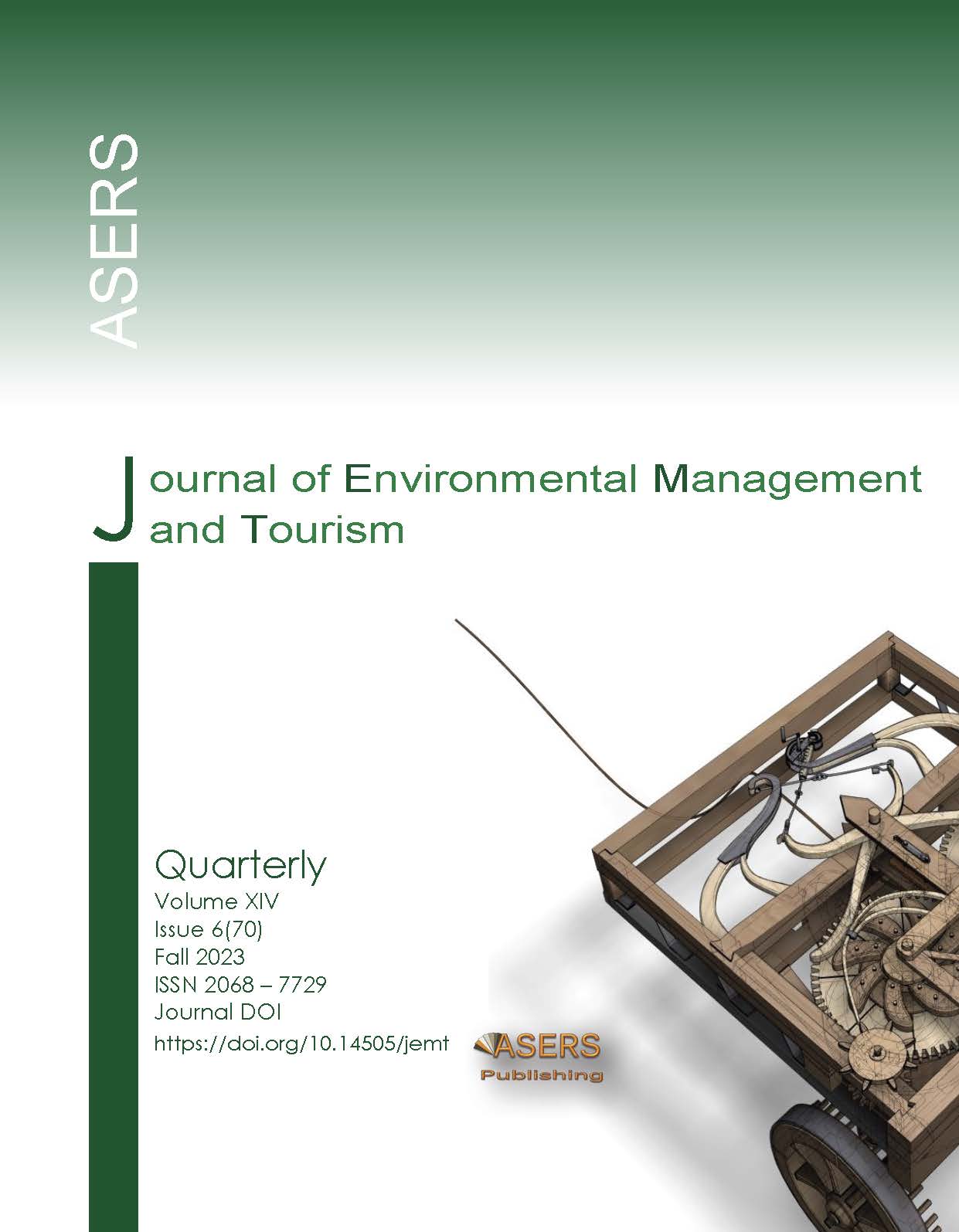Functional Conflicts in Tourist Coastal Resort Cities with Special Spa Status in Poland. The Stakeholder Approach
Functional Conflicts in Tourist Coastal Resort Cities with Special Spa Status in Poland. The Stakeholder Approach
Author(s): Marcin WOŁEK, Joanna Próchniak, Jarosław KempaSubject(s): Economy, National Economy, Business Economy / Management, Methodology and research technology, Tourism, Socio-Economic Research
Published by: ASERS Publishing
Keywords: sustainable urban development; stakeholder analysis; coastal resort city; special spa status; urban functions; conflict management;
Summary/Abstract: This study aims to identify and analyse the potential conflicts of tourism, resort and residents’ functions based on coastal resort cities of the highest importance in Poland (Sopot, Ustka, Kołobrzeg, Świnoujście). Coastal health resorts are specific urban units where tourist and resort functions provided under high environmental restrictions dominate the primary urban function typically focused on social and resident matters. Coastal resort cities attract tourists heavily. Hence, such cities must deal with varied stakeholder expectations. This may lead to conflicts in sustainable urban development.The analysis considers the stakeholder perspective regarding the occurrence of various conflicts. Different research methods have been used, including case studies and stakeholder analysis based on the salience model and classifying stakeholders into homogenous groups with the attributes assigned.The diverse and often divergent needs of stakeholders in coastal cities require a specific approach to developing such urban units, including stakeholder relationship management. A method used for the resort stakeholder analysis is based on classical stakeholder classification proposed by Mitchel, Agle and Wood (1997).The nature of functions performed in resort cities naturally lead to internal and developmental conflicts. However, based on an assessment of attributes assigned their evaluation across key stakeholder groups, the study results show that these conflicts occurred dormant in studied cities.The research methods used, an approach taken, and results achieved can be successfully used by decision-makers responsible for urban development to identify and manage potential conflicts deriving from diversified expectations of urban stakeholders or conflicting urban functions.The article is of an international character and might be used to various aspects of city management, as it combines stakeholder management approach with urban development and potential function conflicts.
Journal: Journal of Environmental Management and Tourism (JEMT)
- Issue Year: XIV/2023
- Issue No: 6(70)
- Page Range: 2539-2556
- Page Count: 18
- Language: English
- Content File-PDF

